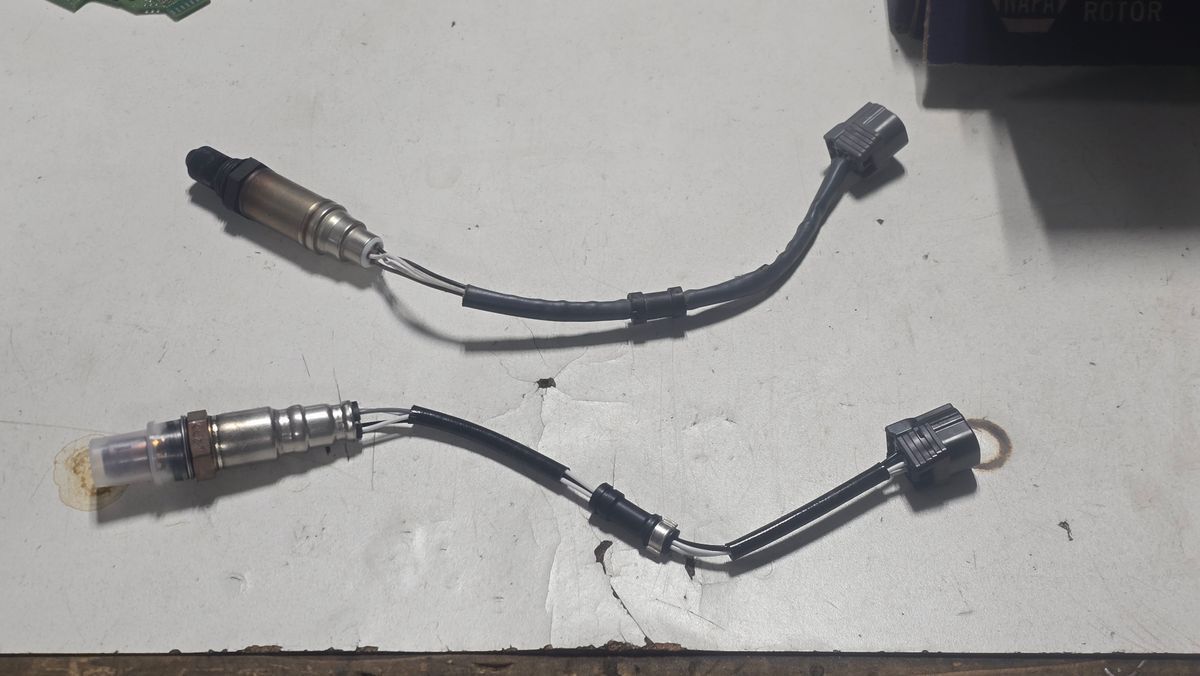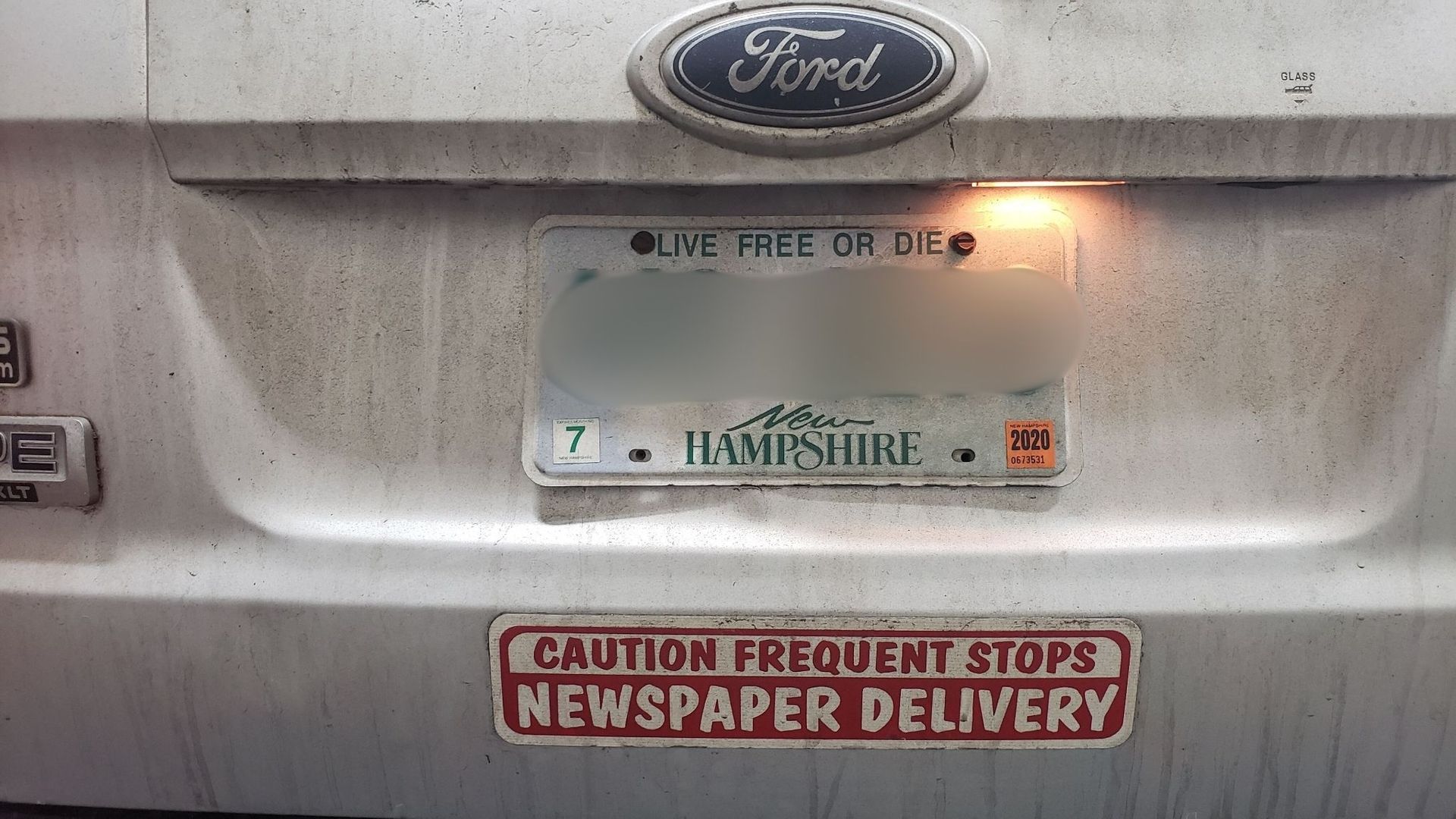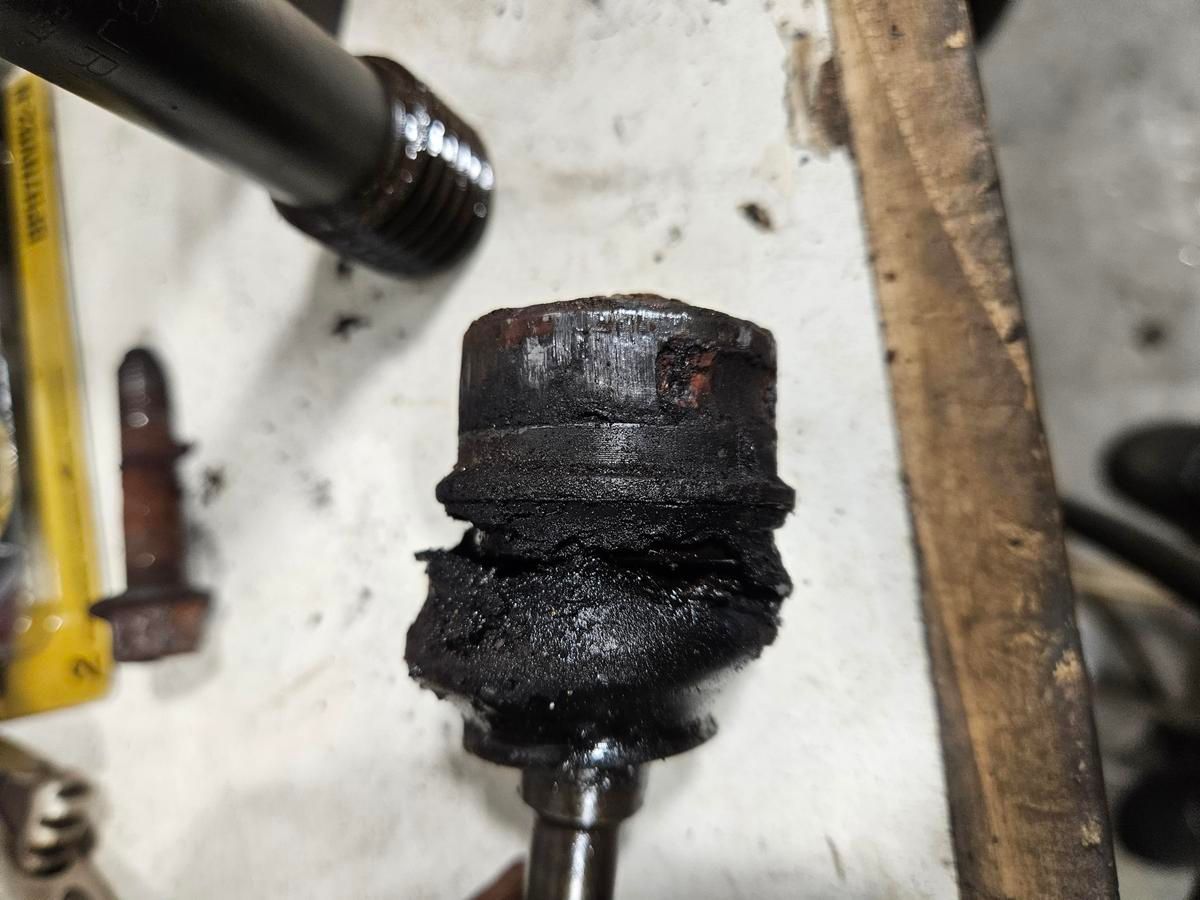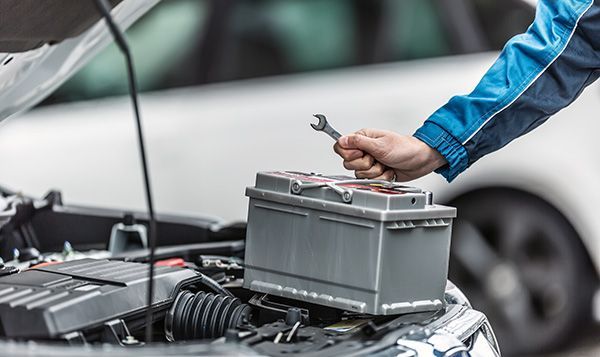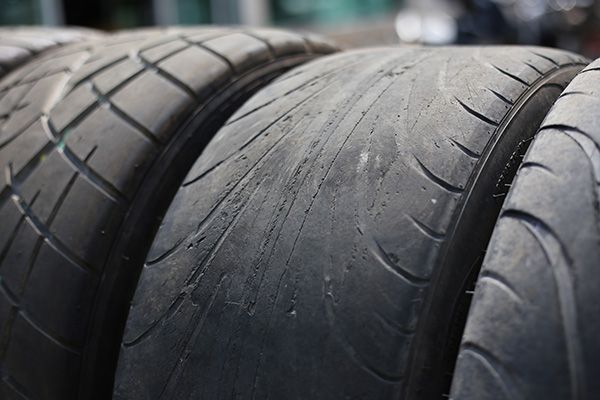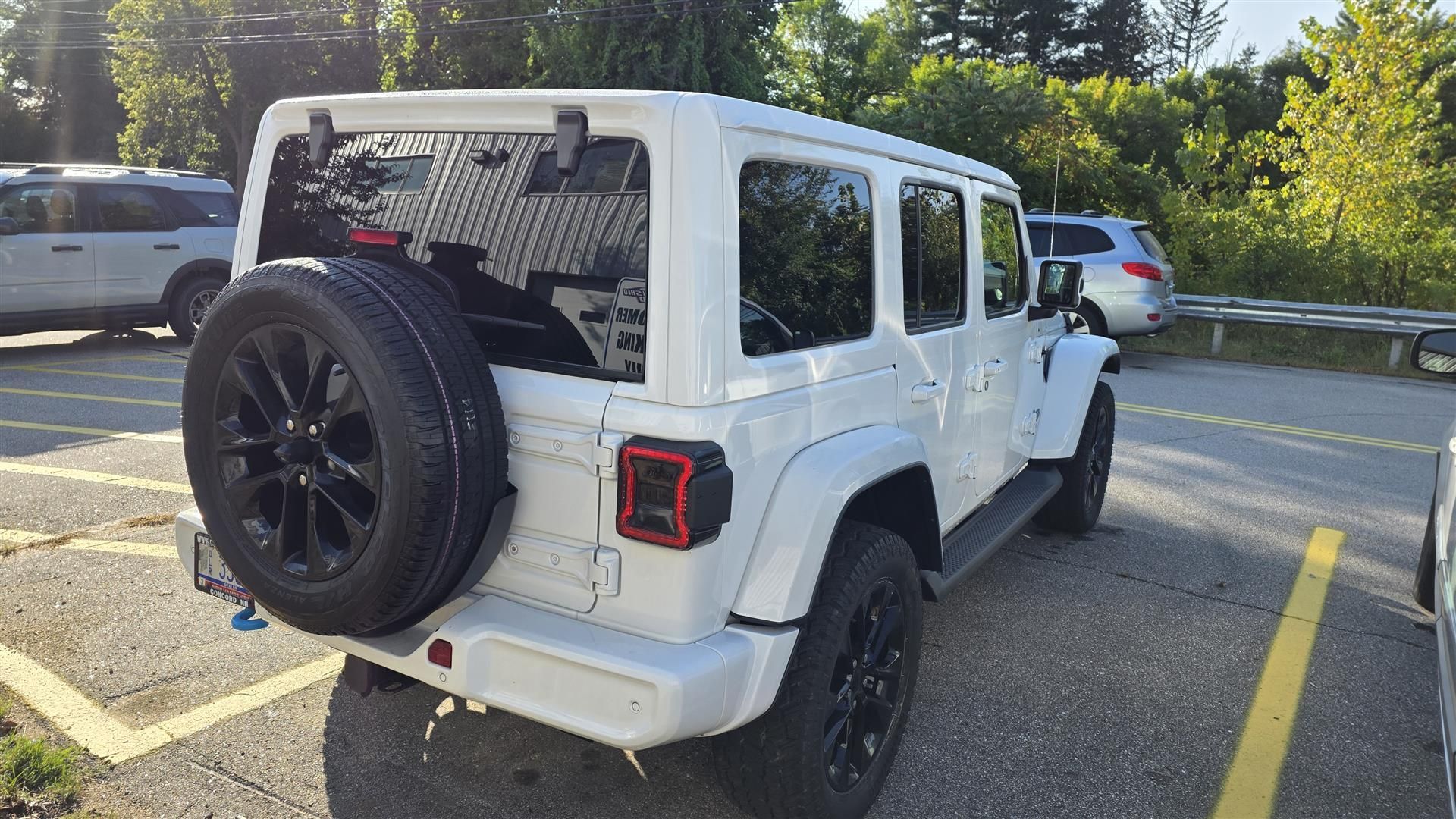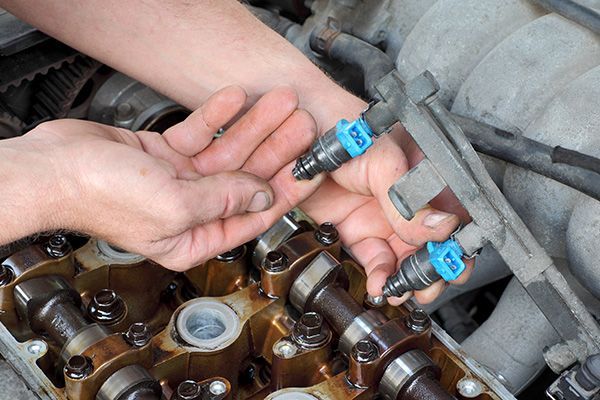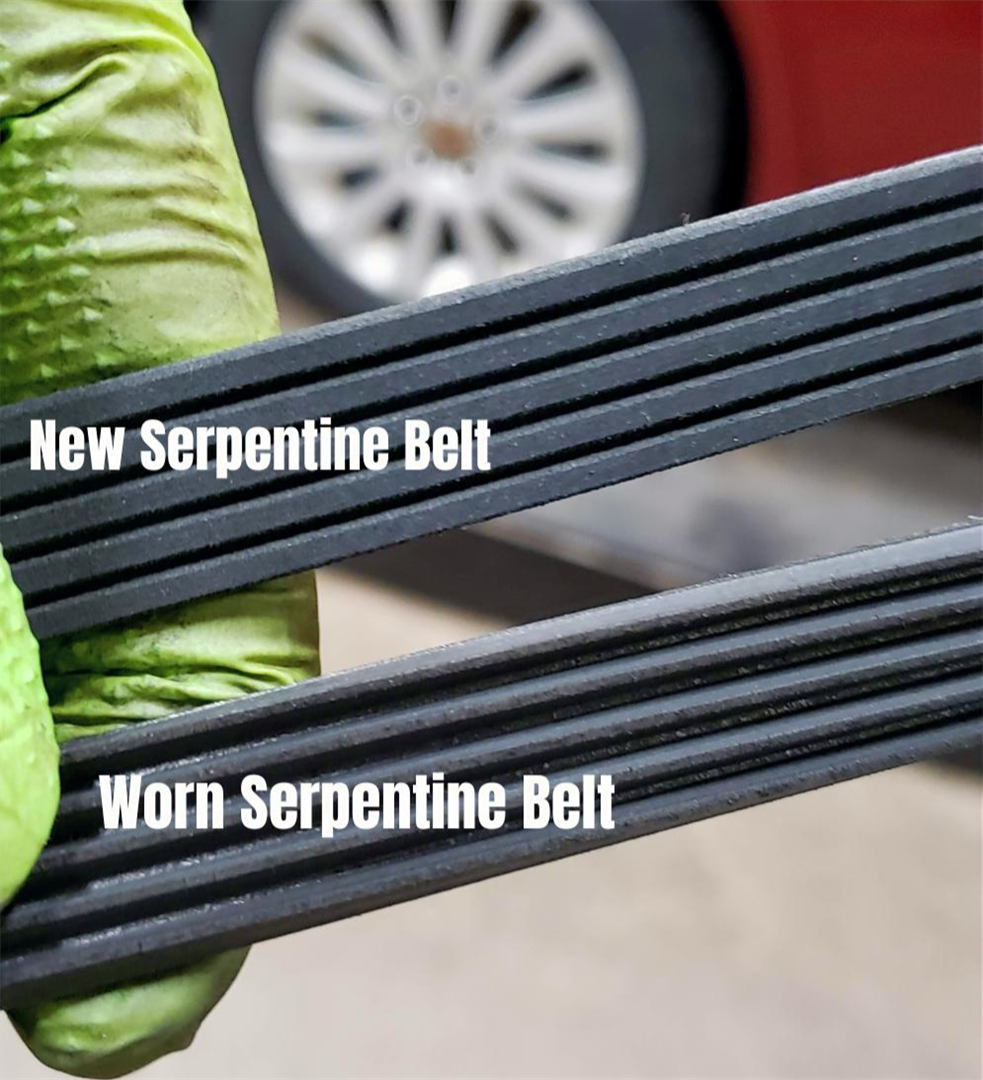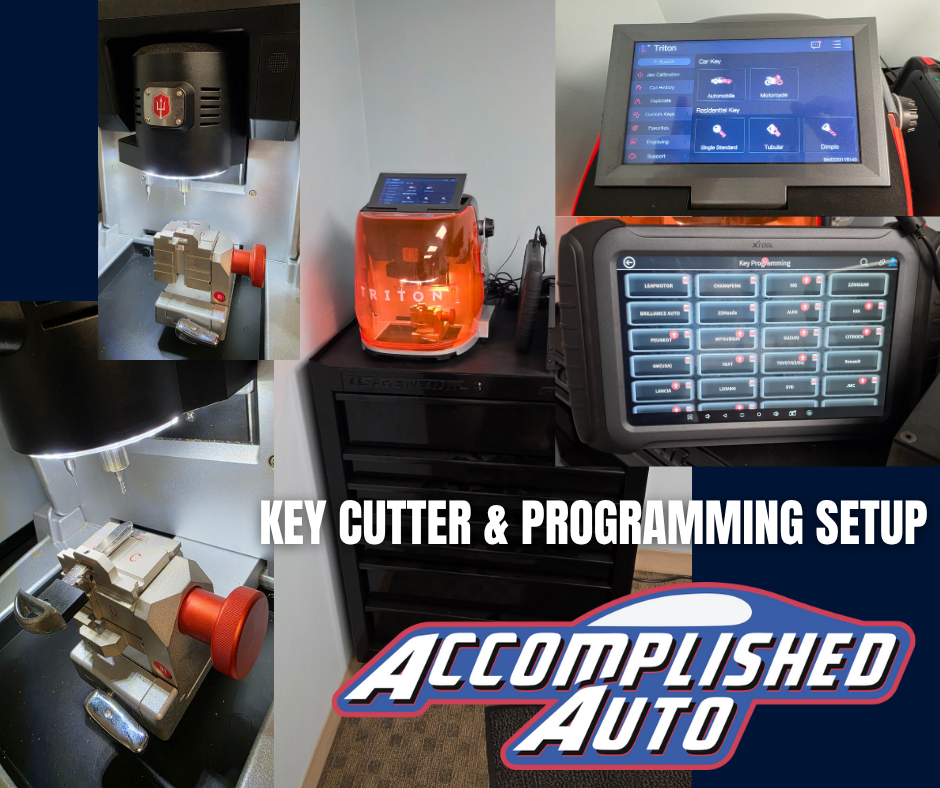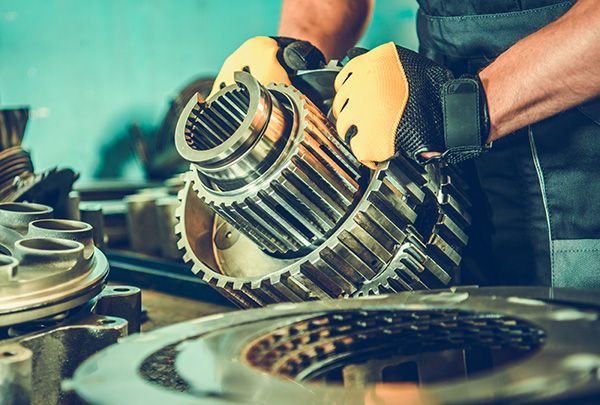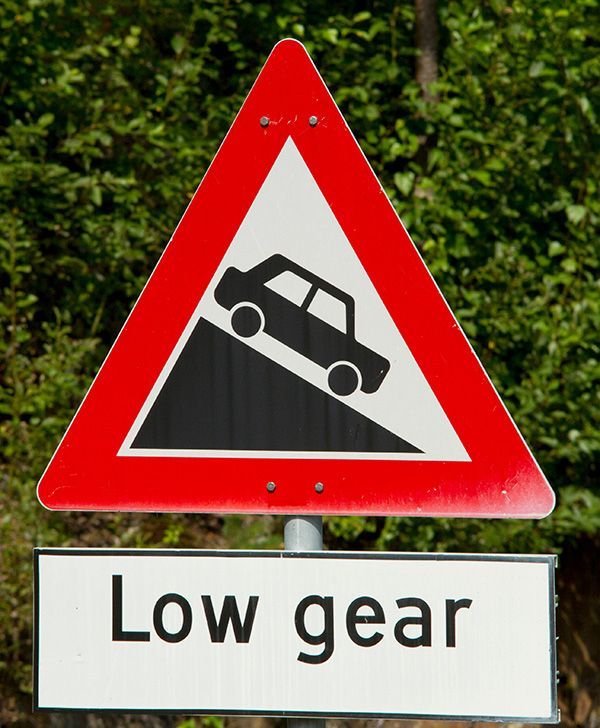
Navigating steep downhill roads can be thrilling but also nerve-wracking, especially if you're worried about your brakes. Brake fade, a phenomenon where brakes lose their effectiveness due to overheating, is a common concern during downhill driving. Understanding how to prevent brake fade can make your downhill drives safer and more enjoyable. We'll explore the causes of brake fade and the steps you can take to avoid it.
What is Brake Fade
Brake fade occurs when the braking system overheats, causing a reduction in braking power. This can happen for several reasons, such as prolonged braking on steep descents or frequent hard braking. When brake components, like pads and rotors, become excessively hot, they can no longer provide the friction needed to slow down the vehicle effectively. This can lead to a dangerous situation where your vehicle doesn't stop as quickly as it should.
Using Engine Braking
One of the most effective ways to avoid brake fade is by utilizing engine braking. This technique involves shifting to a lower gear while descending, allowing the engine to help slow down the vehicle. Engine braking reduces reliance on the brake pedal, thereby decreasing the risk of overheating the brakes. For vehicles with manual transmissions or with paddle shifters, this means downshifting appropriately. Automatic transmissions often have a lower gear or "L" setting specifically for this purpose.
Maintaining a Safe Speed
Another key strategy to prevent brake fade is maintaining a safe and consistent speed. Instead of relying on brakes to control your speed, use the vehicle's gears to manage it. Start your descent at a slower speed to minimize the need for frequent braking. If you notice your speed increasing, apply gentle, intermittent braking rather than continuous pressure to give the brakes time to cool down between applications.
Proper Brake Maintenance
Ensuring that your braking system is in top condition is crucial for avoiding brake fade. Regular maintenance checks, including inspecting brake pads, rotors, and fluid, can help identify any potential issues before they become serious problems. Worn-out brake pads and rotors are less effective at dissipating heat, making them more susceptible to fade. Keeping your brakes in good working order will enhance their performance and reliability.
Cooling the Brakes
If you feel your brakes starting to fade, it's important to cool them down. Find a safe place to pull over and allow the brakes to cool naturally. Turning off the engine and letting the vehicle sit for a while can help. Avoid using water to cool the brakes, as sudden temperature changes can cause damage to brake components. Patience and allowing the brakes to return to a normal temperature are key to resuming safe driving.
Anticipating Road Conditions
Being aware of upcoming road conditions can also help prevent brake fade. If you know you'll be driving down a steep hill, plan accordingly. Reduce your speed before the descent and be mindful of traffic and curves that may require additional braking. Staying alert and anticipating the need to slow down can reduce the stress on your braking system.
Concerned about your brakes? Schedule an inspection with Accomplished Auto to ensure your braking system is in top shape for all driving conditions.
